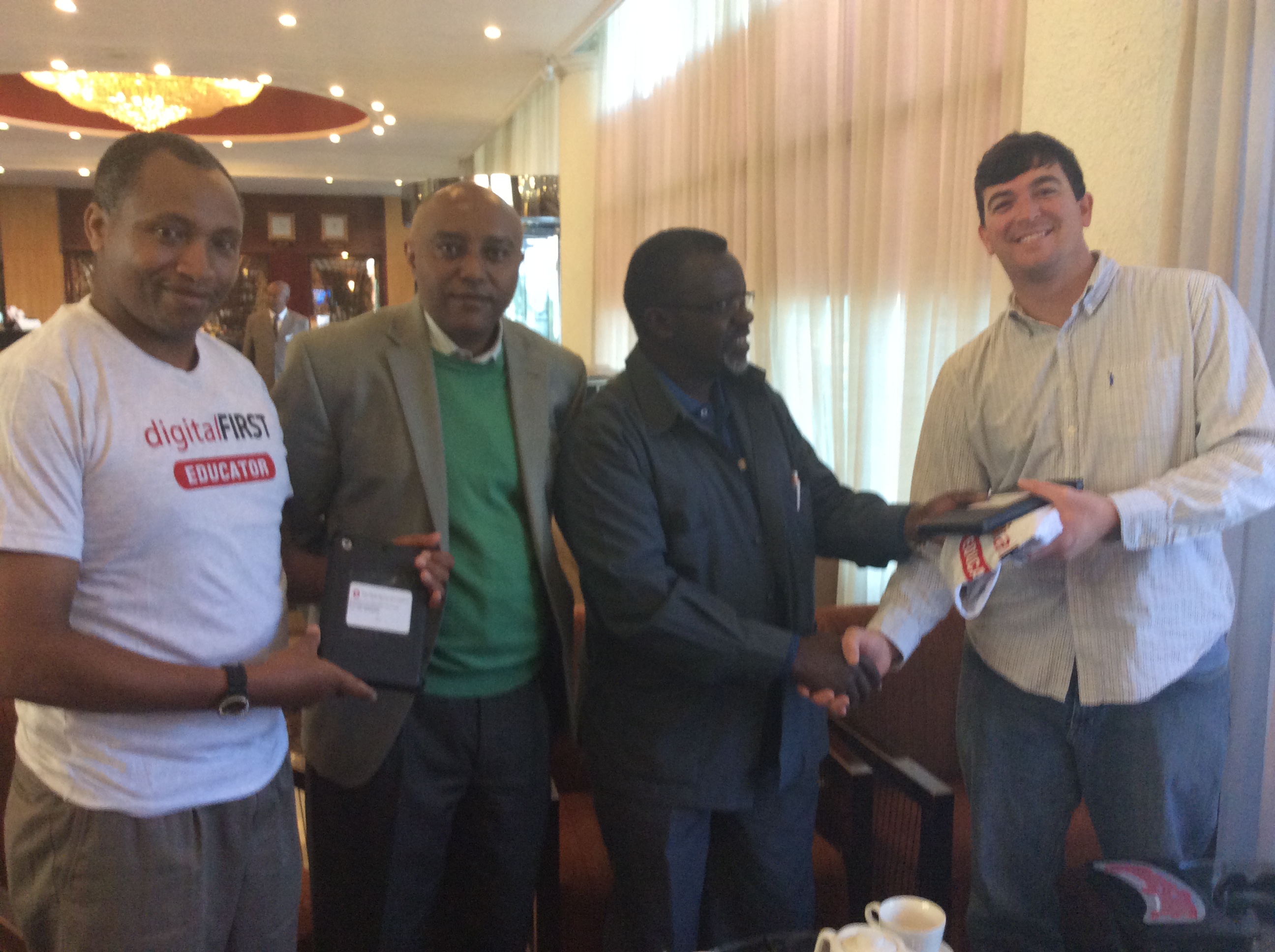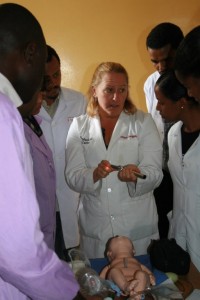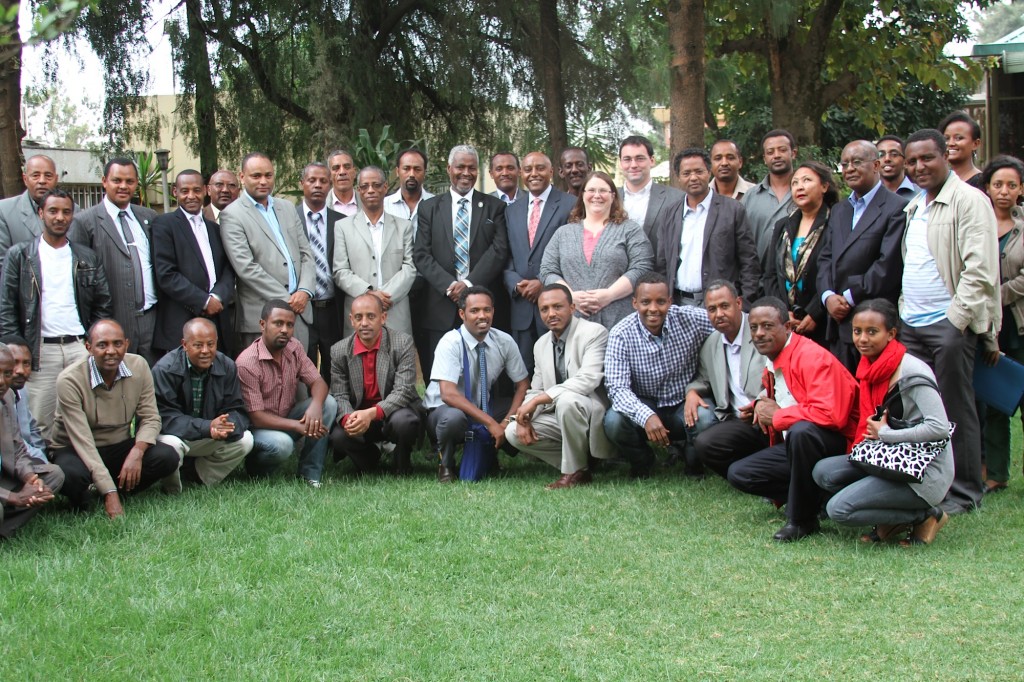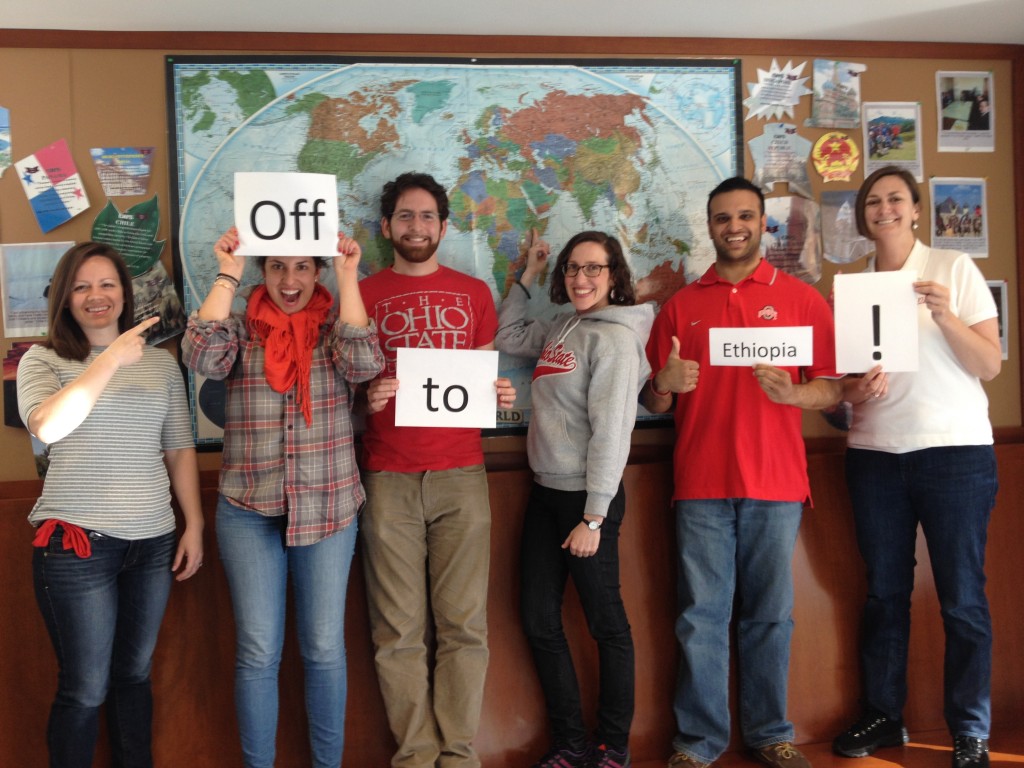It is human nature to get used to the routines of life. Commuting to work, the morning coffee, walking the dog, and hundreds of other daily rituals create a level of comfort within our increasingly hectic lives. Being born in America provides an inherent level of comfort. While there is poverty in the United States, most Americans are born into a system of privilege that is not accessible in many areas of the world. Our daily rituals and comforts become second nature, while in other parts of the world these “minor” parts of our day are elaborate luxuries. For example, the United States has a health care system that provides a high level of care inside pristine facilities that contain the latest health technology available to treat and prevent diseases. We don’t think about this, we expect it. We get sick, we go to the doctor, and in most cases we get well. We have a growing culture of preventative health care that promotes healthy living and leads to early detection and a higher rate of successful treatment with many cancers and other diseases. While many countries also share a strong health care system, there are millions of people throughout the world that do not have this luxury. Again, we don’t think about that when we are taking advantage of the health care system, we take it for granted that the system is in place and it will always be there when we need it.
Working in higher education, I see students of all ages, ethnicities, and races expanding their knowledge each and every day. The facilities and resources available to faculty and students in the United States are the best in the world. If you can think it and dream it, you can probably get access to an expert that will help you learn to do it yourself. Similar to our American health system, students and faculty often take this infrastructure of knowledge for granted. There is amazing comfort in academia in the United States with freedom to study and be whatever you want to be, as long as you can financially afford the dream. While our college students are learning in the traditional sense within the confines of this comfortable system, many of them are not learning with a global perspective. The experience that comes from visiting a foreign country and getting outside the umbrella of comfort in the United States provides a valuable perspective that will make a person grown not only in knowledge, but humanity and compassion for others.
While visiting Ethiopia as part of the Global One Health initiative, I was surrounded by many opportunities to see, hear, smell, feel, and experience things that made me contemplate my own realities and expectations. While meeting with doctors I heard stories about the growing epidemic of pediatric cancer patients in Ethiopia, how many cases of cancers are not being detected until it is too late, how access to the needed treatment is not available when needed, and I saw medical facilities that were inadequate to meet the growing demand of the population. While meeting with veterinarians I heard and saw cases of animal diseases that aren’t being treated because of a lack of awareness & understanding and instances of diseases transferring from animals to humans because of contaminated contact.
At the same time I saw and heard a spirited population that is passionate about life, with a rich culture and heritage that is beautifully embraced and celebrated. I saw a level of appreciation for collaboration and the sharing of ideas that I don’t see on a daily basis in the United States. Ethiopia is a country of 96 million, with a median age of 16, who are living in an environment of rapid growth, where building and expansion is outpacing the capacity of the infrastructure, which in turn causes issues from traffic gridlock to water contamination from industrial runoff. In the past seven years, the number of colleges and universities in Ethiopia jumped from three to thirty-three! They live a reality that is vastly different than that of the average American.
As I climb back into my own daily routines in the USA and at OSU, I do so with a different perspective and a greater sense of love for my family, my job, my country, and my beloved alma mater, The Ohio State University. It is my wish for all OSU students to take the opportunity to study abroad and for OSU faculty and staff to engage in global projects. It will truly change your life and open pathways to be energized by collaborating with others in a way that will make a huge impact on the lives of others. Go Bucks, Be Global!


 We have satisfaction tinged with sadness today, as our short course came to a close.
We have satisfaction tinged with sadness today, as our short course came to a close.









